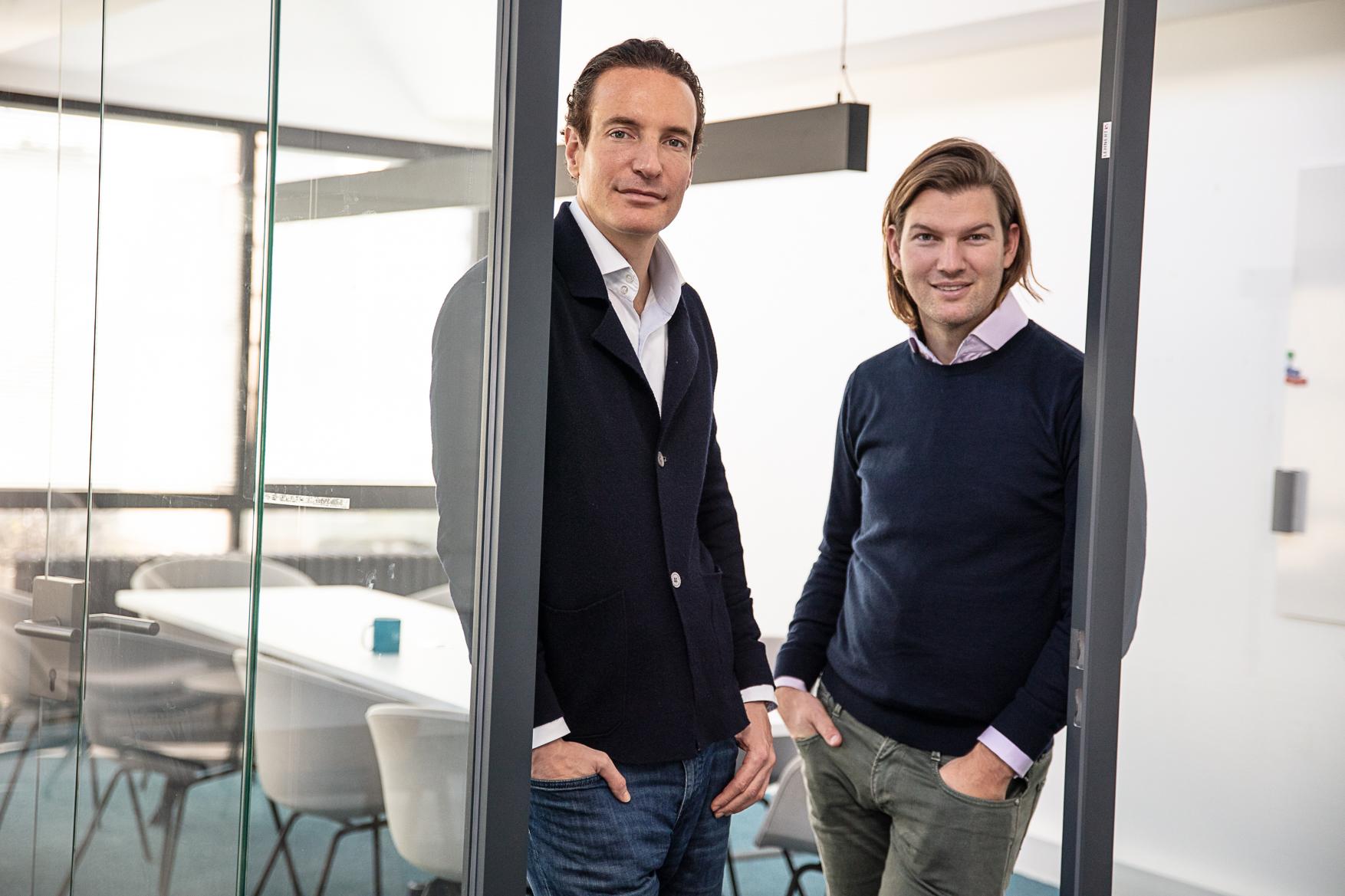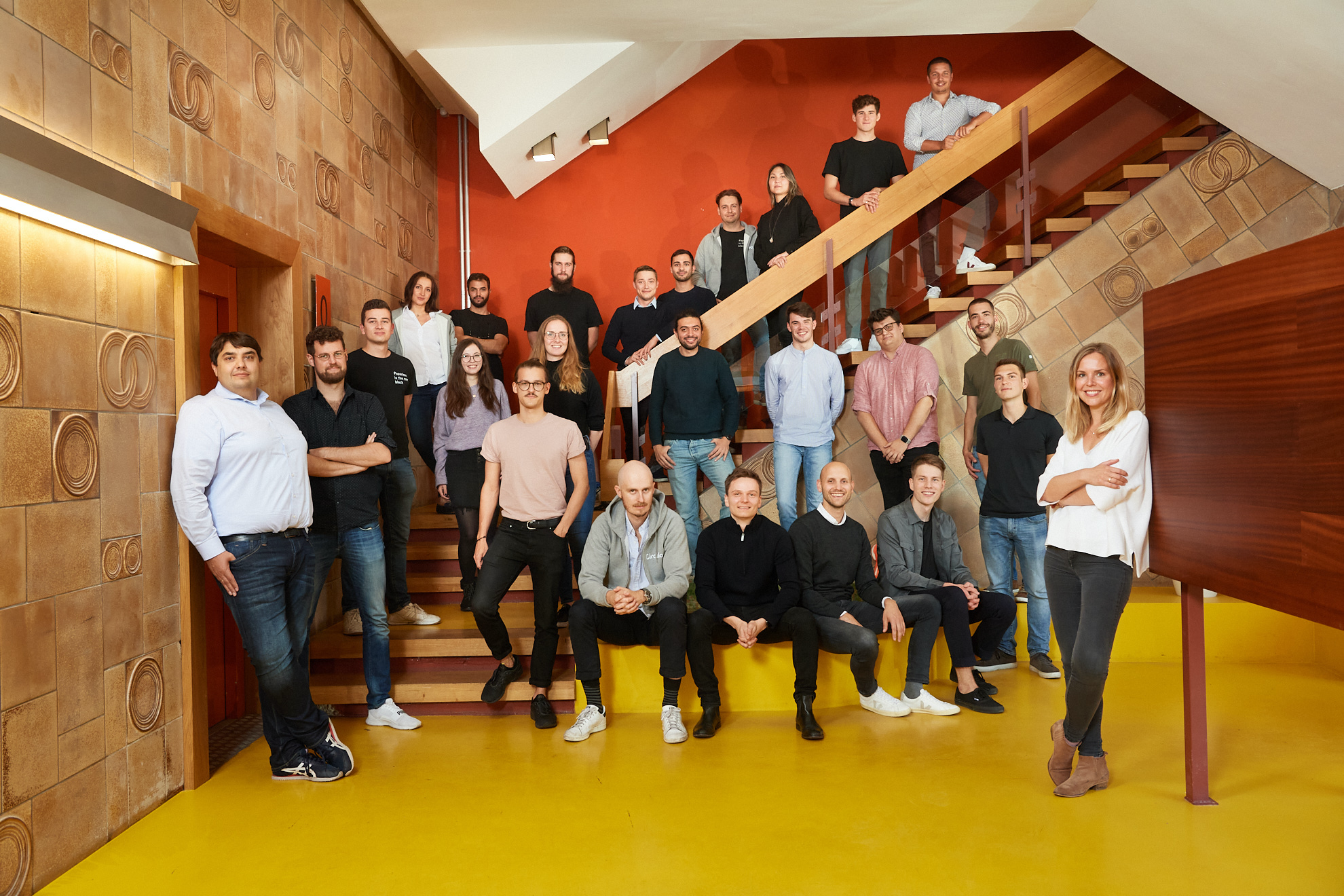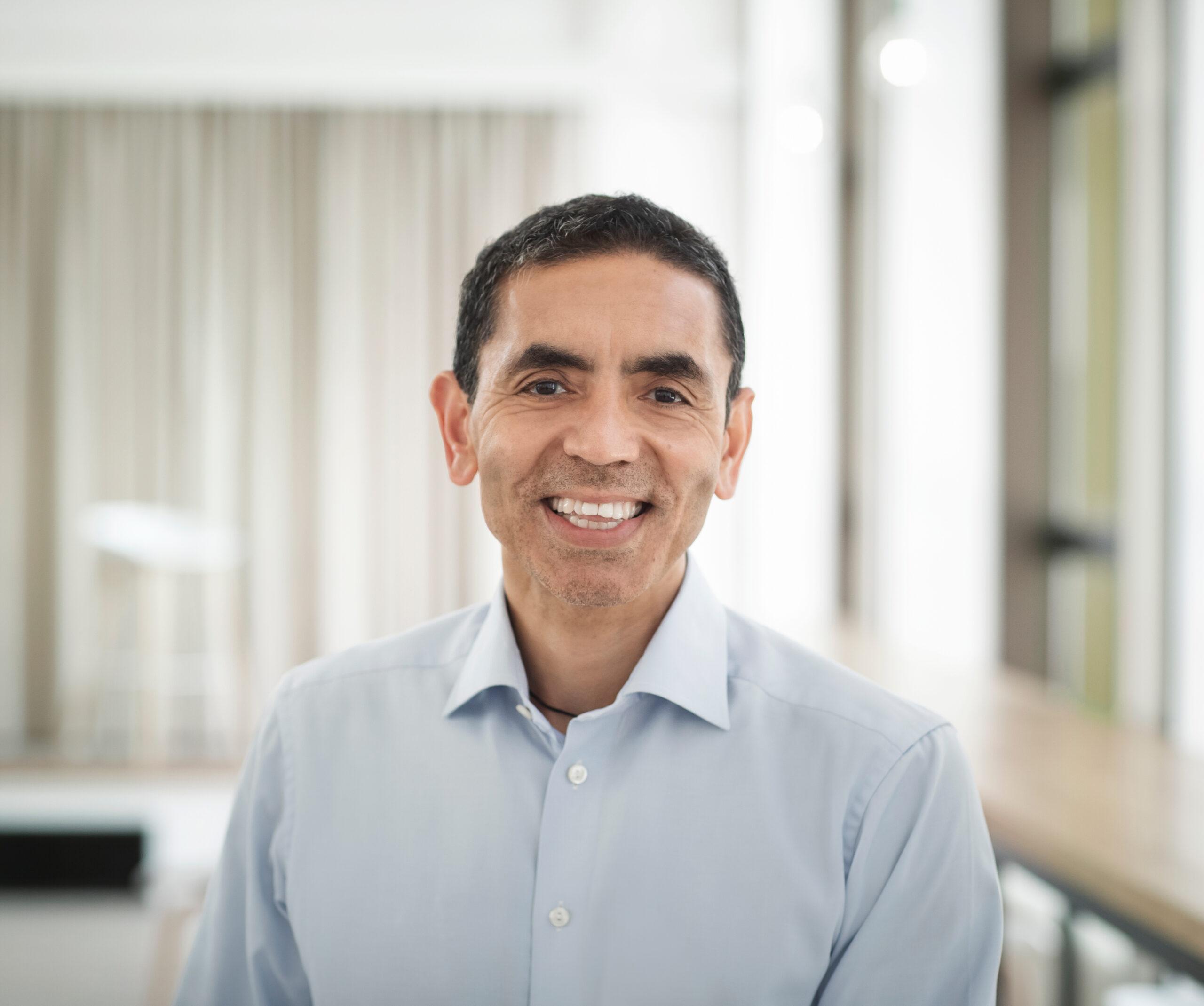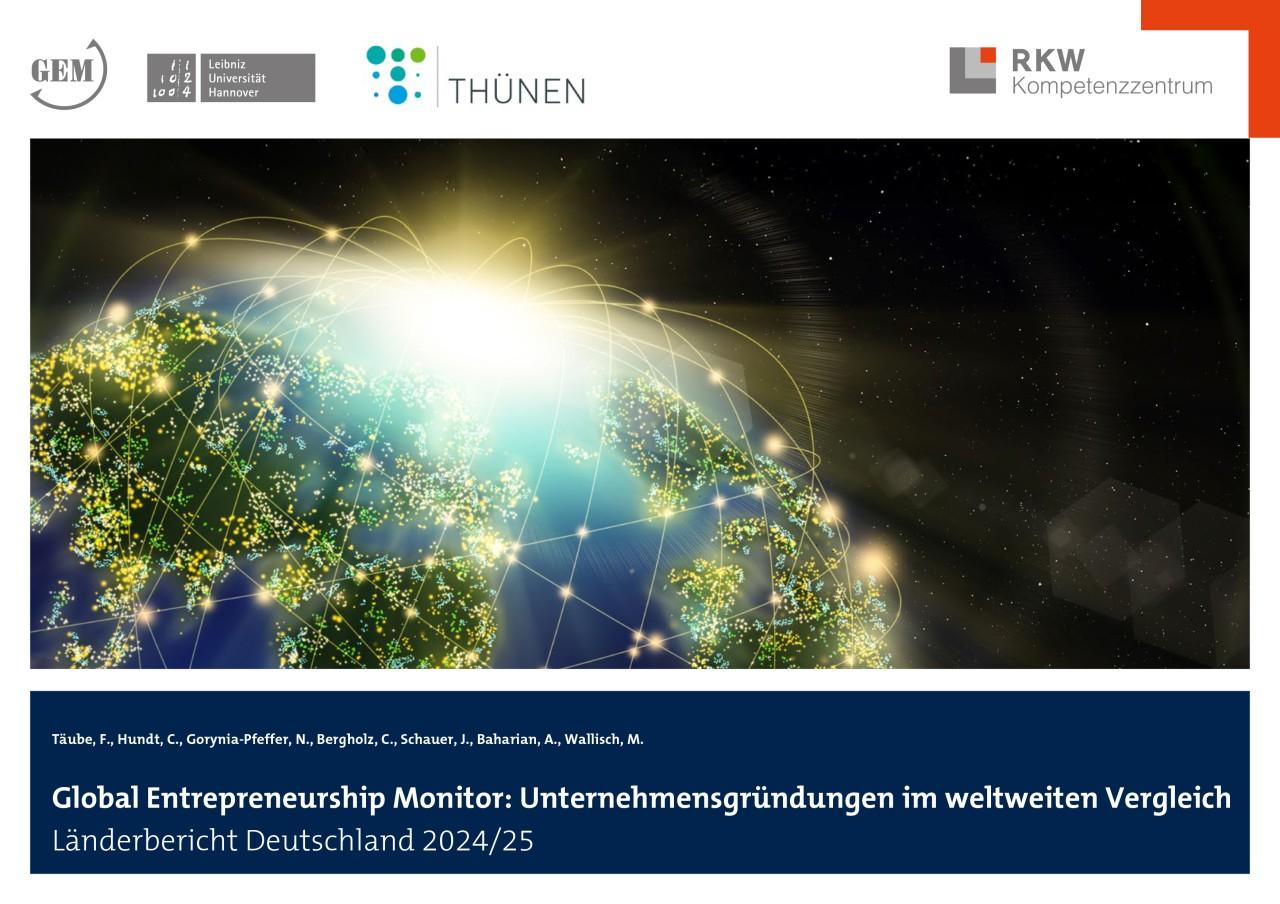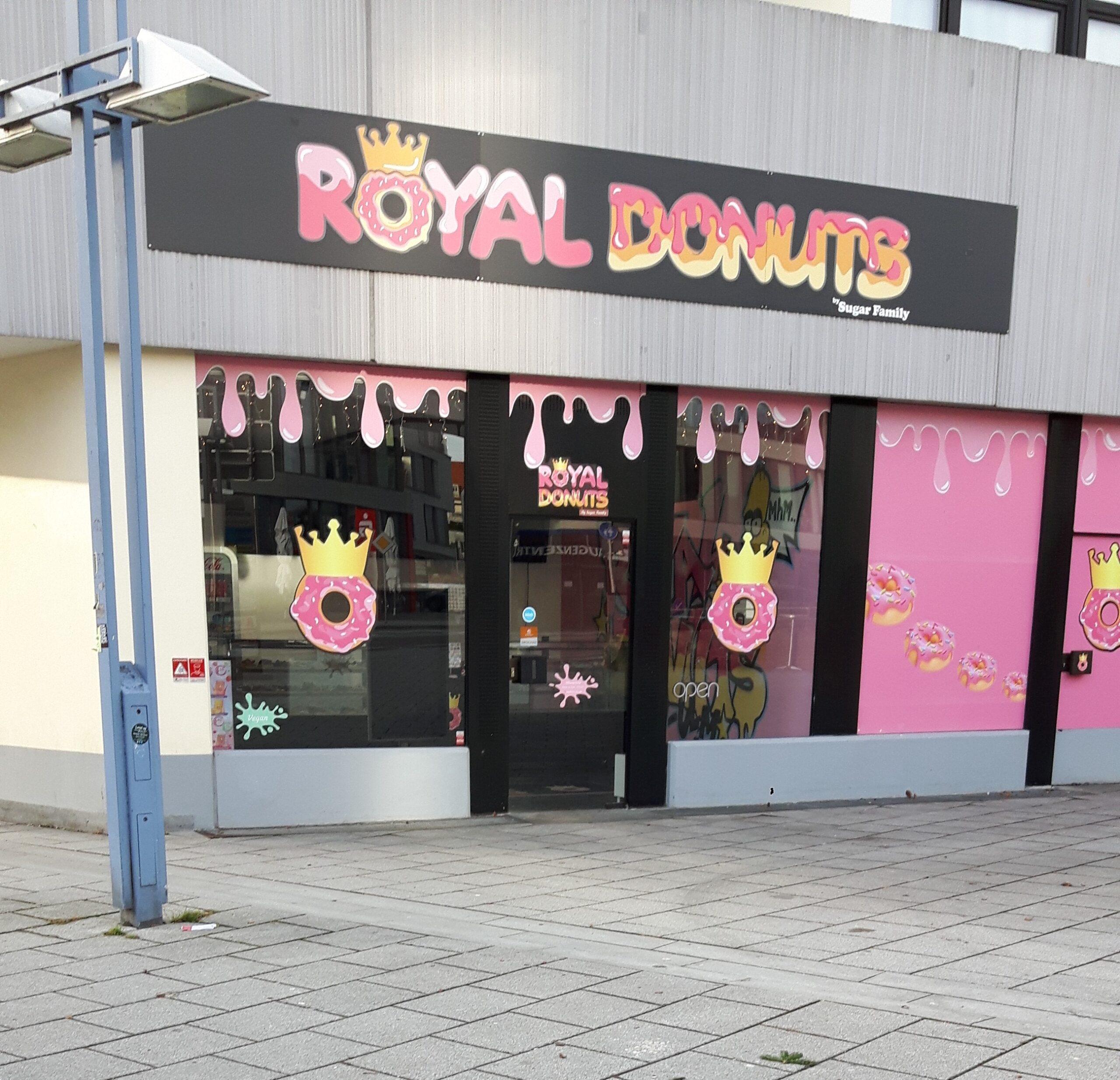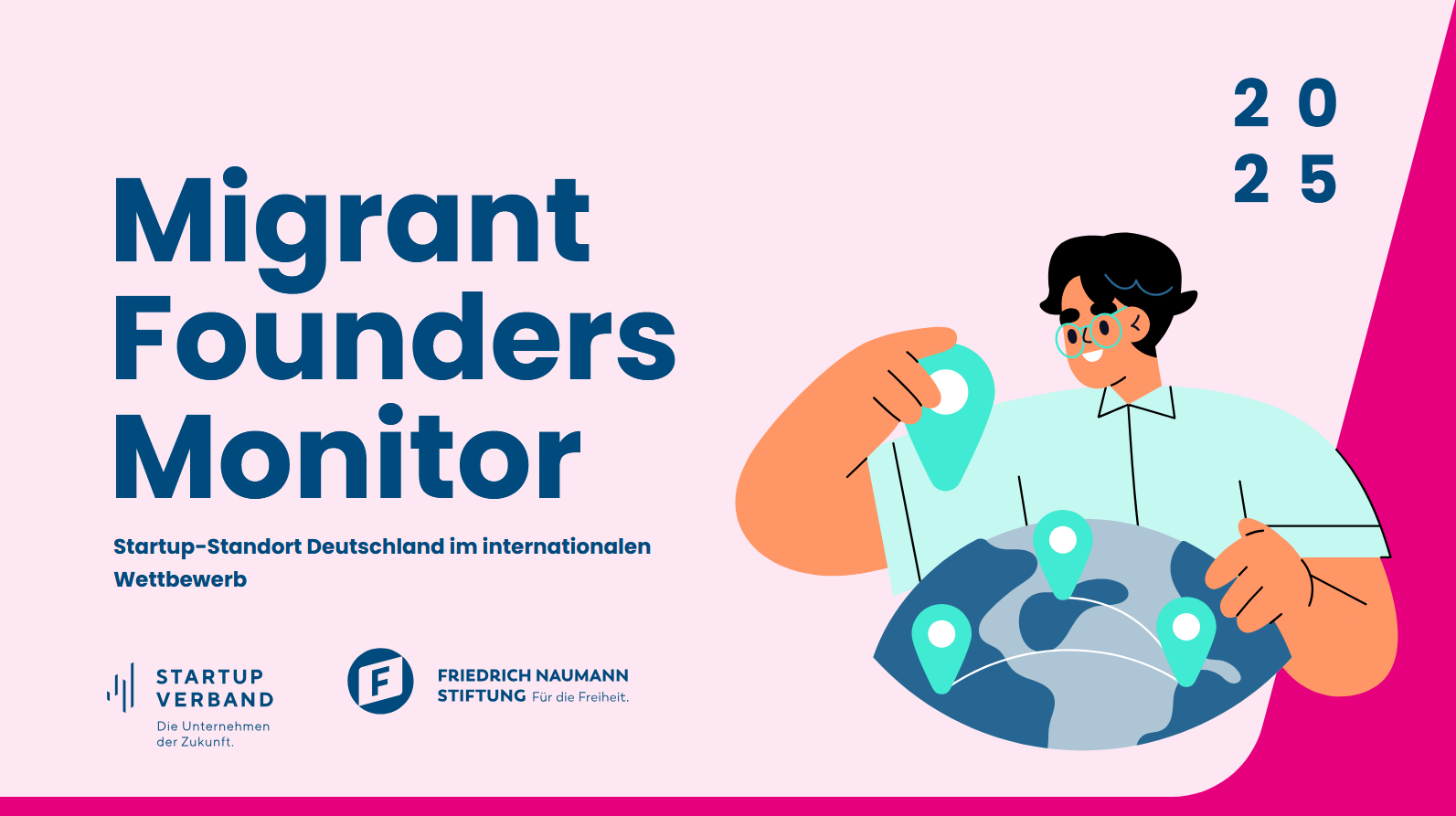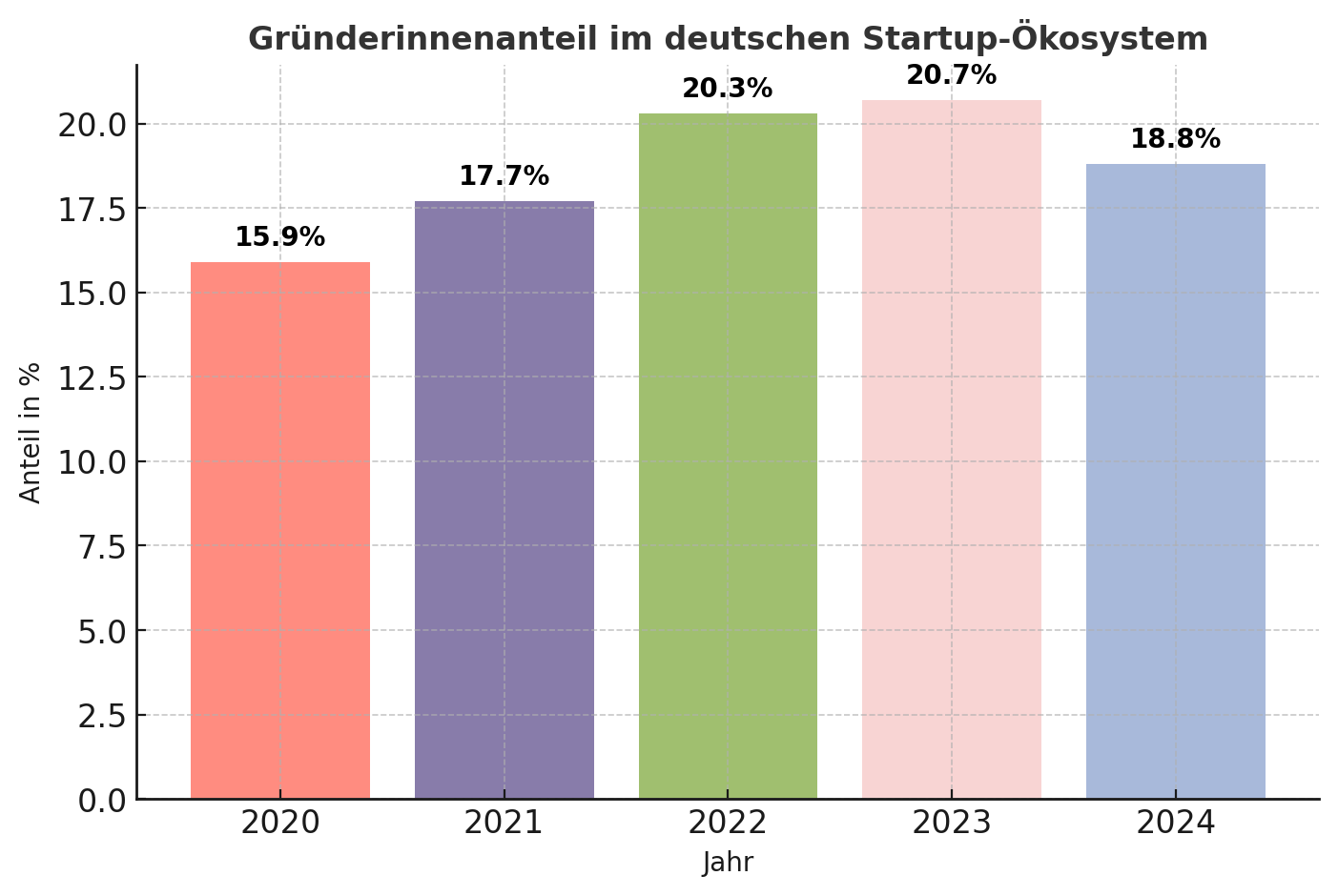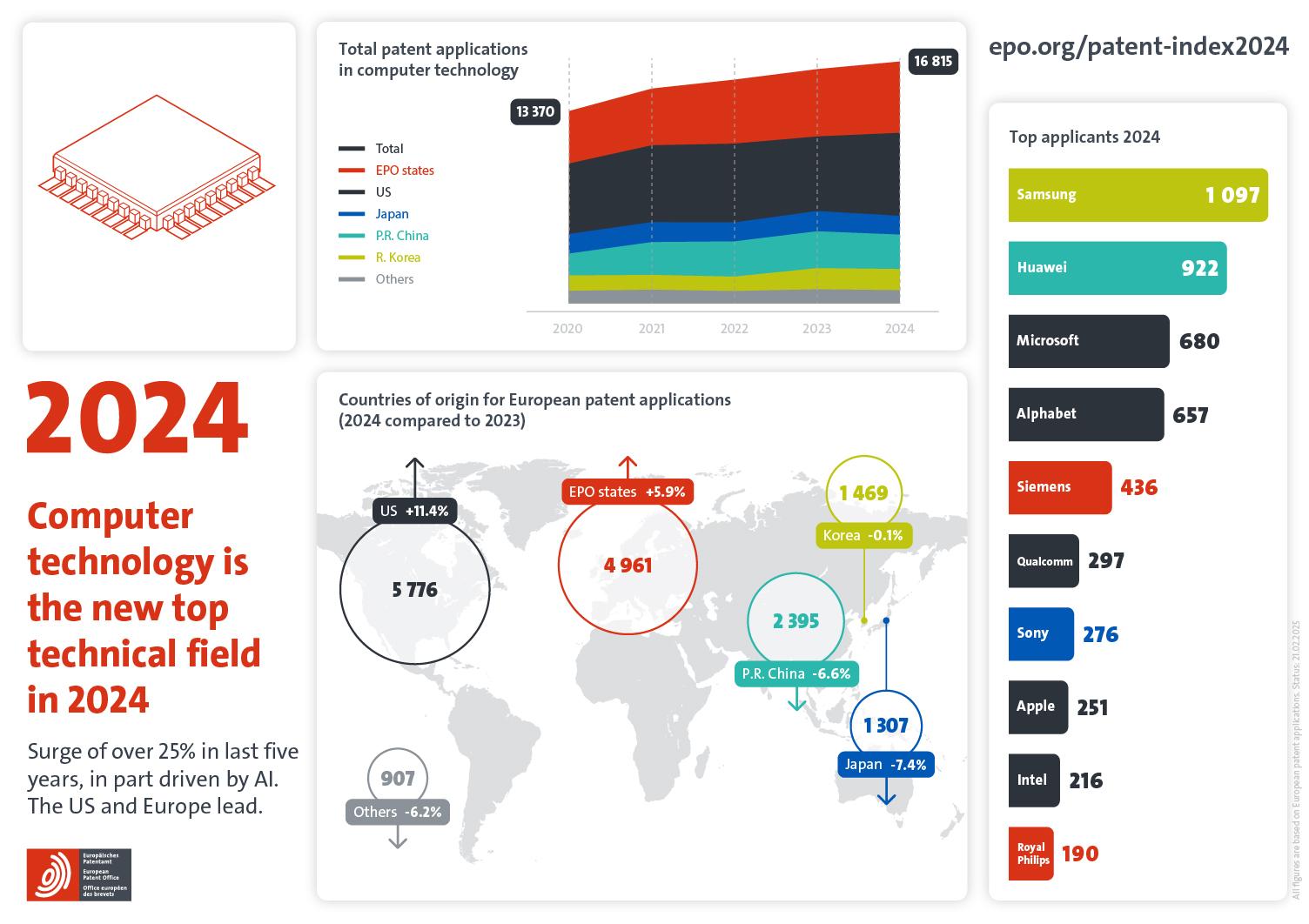Big deals and new start-up stars
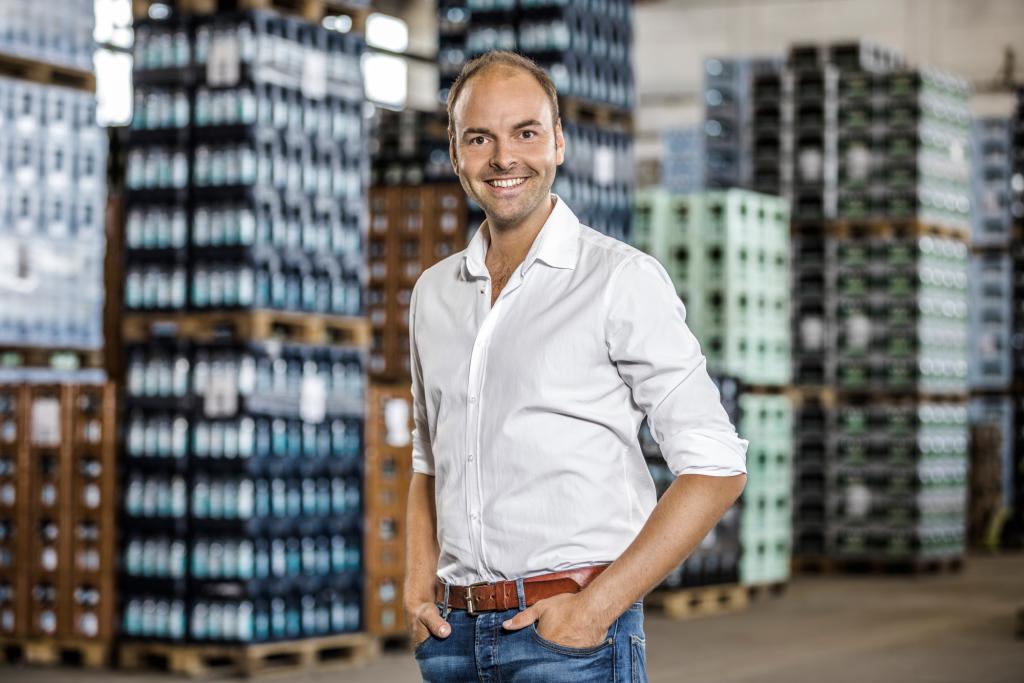
2020 was a special year for many start-ups - and not just because of coronavirus. A brief review of the year.
No, of course this review of the year cannot avoid the topic of Covid-19. The disease has also shaken up the start-up world. In the years before coronavirus, the scene in Germany was on a constant upward trajectory: more and more start-ups, more and more money. But since March at the latest, there has been great uncertainty. According to the German Start-up Association's Start-up Monitor 2020, almost 75% of young companies say that the coronavirus crisis has had a negative impact on their business activities.
But despite all the bad news, the gloomy economic outlook and the economic shutdown, there were also some other events that moved the start-up scene in Germany - a look at the tops and flops of the year.
Dr. Oetker buys Flaschenpost
Strictly speaking, the idea of Flaschenpost is neither new nor revolutionary. Beverage retailers have been delivering some of their goods directly to customers' homes for as long as there have been beverage retailers. When Dieter Büchl founded Flaschenpost in 2012, he had nothing else in mind. Despite this, his company now has more than 8,000 employees and is growing by over 200% per year. The delivery service's promise to its customers sets it apart from the competition: Drinks will arrive within 120 minutes.
Apparently so impressed by Büchl's start-up, Dr. Oetker boss Albert Christmann launched his own drinks delivery start-up, Durstexpress, in 2017. But it was not a great success. While Flaschenpost is represented in over 150 cities in November, Durstexpress delivers to just ten municipalities. The rest is history - and probably the deal of the year. At the beginning of November, Dr. Oetker announces its intention to buy Flaschenpost. According to media reports, the company wants to put up to one billion euros on the table. So a successful start-up doesn't always have to reinvent the wheel.
Large financing rounds
With Auto1, Lilium and Auxmoney, among others, a whole series of start-ups have completed a financing round of at least 100 million euros. Wefox apparently made a precision landing - and largely went unnoticed. According to the magazines Finance Forward and Finanz-Szene, the unicorn is said to have raised 100 million euros in September. 25 million came from a loan and 75 million from convertible bonds. The Berlin start-up did not announce the financing round in December itself. Finance Forward estimates that Wefox is working towards an even larger deal in the next six months. So next year should be exciting.
No desire for a works council
A works council simply does not fit in with the corporate culture. This is apparently how the N26 management put it in an email to its employees. A few months and a legal dispute later, the fintech with more than 1,500 employees in 80 countries also has an employee representative body.
However, N26 is not the only start-up that is struggling with a works council. Flaschenpost also fought against employee representation at its Düsseldorf location and lost in court. There were also problems at Lieferando this year: The takeover of Foodora meant that Lieferando also took over the works councils. As part of the merger, the employees in Cologne wanted to establish a new works council covering all employees based there. The management rejected this in the summer. It argued that Foodora and Lieferando in Cologne were still two separate companies. However, the Cologne Regional Labor Court took a different view.
Corona vaccination made in Germany
Özlem Türeci and Ugur Sahin originally wanted to develop a cancer drug and founded Biontech in 2008. Instead of using chemotherapy or radiation, they wanted to enable the body to fight cancer itself. The mRNA method they developed, which to a certain extent contains instructions for the production of cells, should make this possible. However, on November 9, Biontech and the US company Pfizer announced their breakthrough in the search for a vaccine against Covid-19, which apparently offers over 90% protection against the virus.
The mood on the stock markets changed that day. Many share prices shot up, including those of struggling companies such as Lufthansa and cinema operator AMC Entertainment. In the meantime, numerous countries have ordered the vaccine from Türeci and Sahin. Vaccinations have begun.
However, the world's hopes are also pinned on another German company. Curevac, which was founded 20 years ago, announced the start of its pivotal Phase III clinical trial in December. The researchers expect results in the first quarter of 2021, and the EU already seems to be firmly expecting the trial to be a success. The EU Commission has already concluded a deal for 405 million vaccine doses.

Newsletter
Startups, stories and stats from the German startup ecosystem straight to your inbox. Subscribe with 2 clicks. Noice.
LinkedIn ConnectFYI: English edition available
Hello my friend, have you been stranded on the German edition of Startbase? At least your browser tells us, that you do not speak German - so maybe you would like to switch to the English edition instead?
FYI: Deutsche Edition verfügbar
Hallo mein Freund, du befindest dich auf der Englischen Edition der Startbase und laut deinem Browser sprichst du eigentlich auch Deutsch. Magst du die Sprache wechseln?










